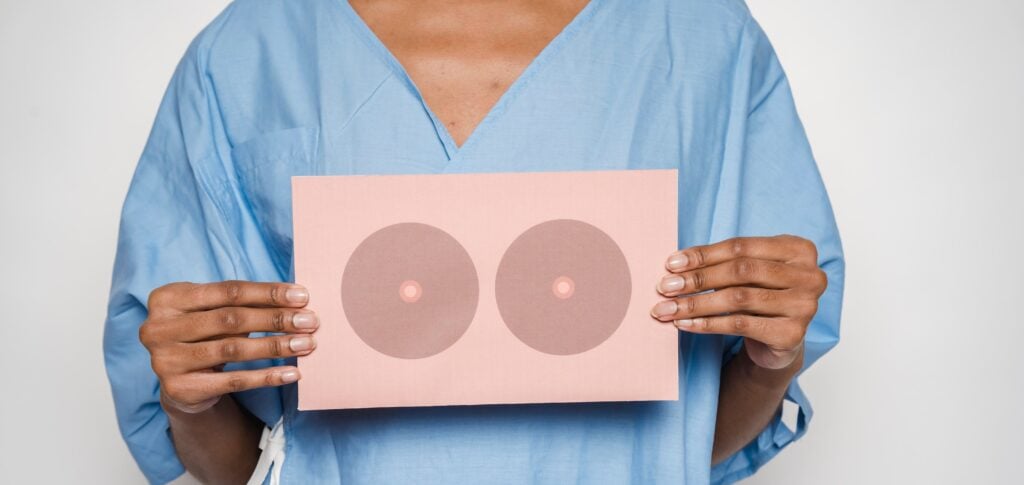Using iron oxide nanoparticles, scientists were able to modify macrophages, a type of defense cell, so that they could act against cancer. These cells are responsible for almost half of a tumor's mass.
ADVERTISING
While the M1 type of macrophage inhibits the growth of cancer cells, the M2 type has an anti-inflammatory effect and allows tumor cells to develop. The nanoparticles changed the amount of iron present in the cells and promoted reprogramming, converting the M2 type into M1.
According to the leader of the Cellular and Molecular Immunology group at Fiocruz and project coordinator, Carlos Eduardo Calzavara, the study paves the way for new treatments. “It is not a replacement treatment, but it could be an alternative, especially in cases of aggressive tumors.”
How was the study carried out?
There were three steps: first, in vitro tests were conducted in the laboratory, where macrophages and tumor cells were cultivated in contact with the nanoparticles. This approach resulted in the reprogramming of macrophages and the death of cancer cells.
ADVERTISING
Then, a 3D multicellular model, simulating the breast cancer tumor microenvironment, was used for new tests. Finally, tests were carried out on mice with breast cancer, where a single application of the nanoparticles reduced tumor mass by 50%.
The iron oxide nanoparticles used in the study were produced in the laboratories of Fiocruz Minas, in collaboration with the team of Professor Celso Melo, from the Department of Physics at the Federal University of Pernambuco.
Researchers are currently working to determine information about absorption, side effects, doses, and toxicity in order to begin human clinical trials.
ADVERTISING
The research offers hope for the development of more effective treatments based on immunotherapy, which stimulate the patient's own immune system to fight the disease.
(Source: Einstein Agency)
Read also
* The text of this article was partially generated by artificial intelligence tools, state-of-the-art language models that assist in the preparation, review, translation and summarization of texts. Text entries were created by the Curto News and responses from AI tools were used to improve the final content.
It is important to highlight that AI tools are just tools, and the final responsibility for the published content lies with the Curto News. By using these tools responsibly and ethically, our objective is to expand communication possibilities and democratize access to quality information. 🤖




